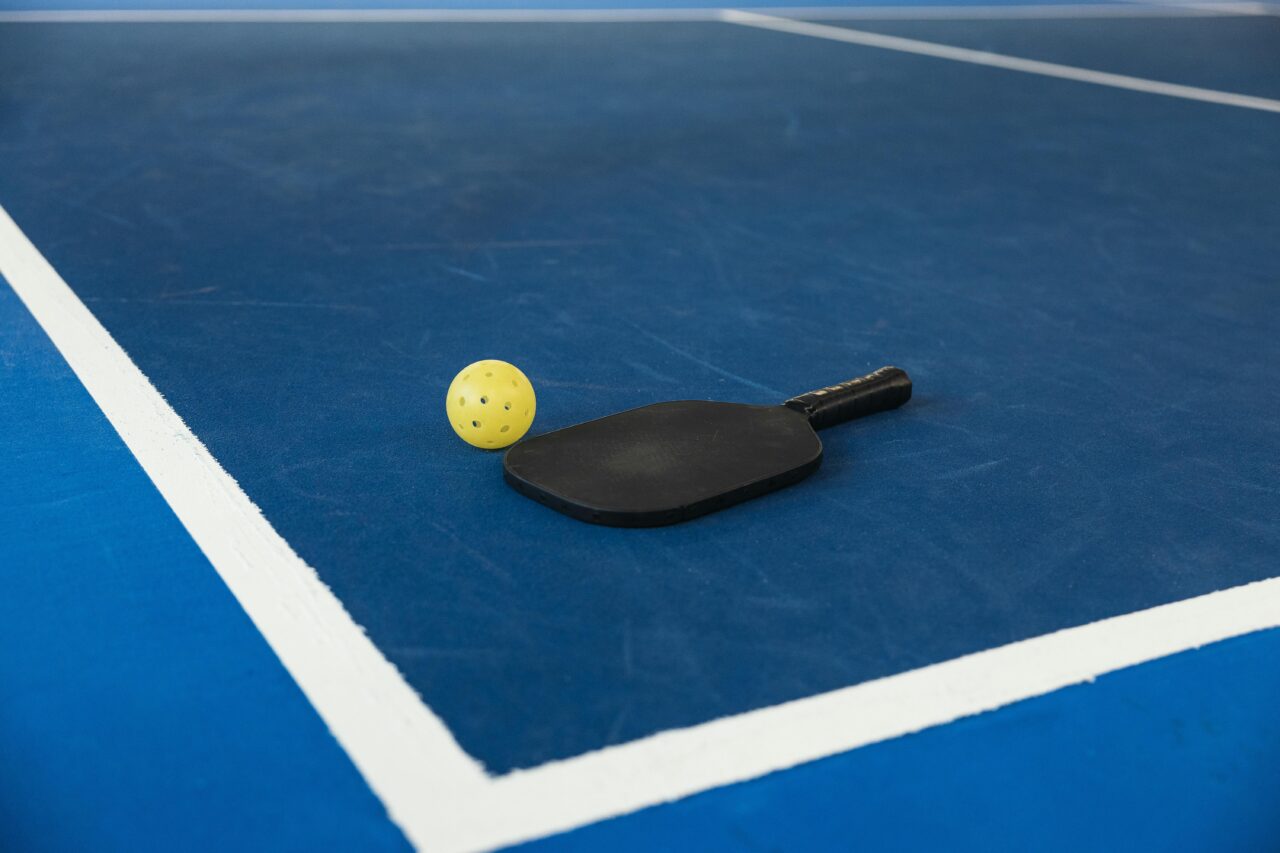You might have noticed that your neighbor, aunt, or even dentist is getting into the pickleball craze. This dynamic paddle sport, combining elements of tennis, badminton, and table tennis, has surged in popularity recently. Played on a smaller court, pickleball is accessible and enjoyable for all ages and skill levels. Its simple rules, social nature, and low-impact exercise benefits make it one of the fastest-growing sports in the U.S. and worldwide. Whether played recreationally or competitively, pickleball offers a fun way to stay active, fostering community and camaraderie among players.
Understanding biomechanics is crucial for enhancing performance and preventing injuries in pickleball. By analyzing and optimizing key movements such as footwork, swings, and serves; players can improve efficiency, power, and accuracy, thereby elevating their game. Proper biomechanical techniques minimize stress on joints and muscles, reducing the risk of common injuries like ankle sprains, knee, low back and elbow issues. Additionally, incorporating biomechanical principles into training programs helps strengthen relevant muscles, improve flexibility, and ensure long-term health, allowing players to enjoy the sport safely and effectively for years to come.
By applying biomechanical principles, pickleball players can enhance their performance, execute movements more efficiently, and minimize the risk of injuries, ensuring a safer and more effective gameplay experience. Let’s break down the key movements in the game below:
Footwork and agility are critical for swiftly maneuvering around the court, enabling players to reach shots efficiently and maintain defensive positions. Improving footwork involves drills that enhance speed, agility, and directional changes. Common biomechanical errors, such as incorrect foot placement, can lead to ankle and knee injuries due to increased stress on ligaments and joints. Specifically ankle sprains often from quick directional changes and pivoting on the court and patellar tendonitis can result from frequent bending and sudden stops.
Swing mechanics, including forehand, backhand, and serves, require proper technique to generate power and accuracy while minimizing strain on the shoulders and elbows. Poor swing technique not only compromises shot accuracy but also heightens the risk of overuse injuries in the shoulders and elbows. Common injuries include rotator cuff strain, due to the repetitive overhead motions during serves and smashes. Tennis elbow (lateral epicondylitis) occurs from improper swing mechanics or overuse.
Emphasizing balance and stability through a strong core and correct posture helps prevent falls and reduces stress on joints such as the shoulders, elbows, wrists, hips, and knees during dynamic movements. Moreover, improper balance contributes to the likelihood of falls and may result in lower back strain, impacting overall performance and enjoyment of the game.
Optimizing performance through biomechanics involves several key strategies that can benefit players of all levels.
Strength training plays a crucial role in enhancing muscular endurance and power, focusing on muscle groups essential for movements like quick footwork and powerful swings. Physical therapists can prescribe targeted exercises tailored to strengthen these specific muscle groups, improving overall performance and reducing the risk of strains or injuries.
Flexibility and stretching routines are equally important to maintain optimal range of motion in joints, which enhances agility and reduces the likelihood of muscle pulls or joint stiffness during play. Incorporating drills and regular practice sessions further refines biomechanical efficiency, reinforcing proper techniques in footwork, swing mechanics, and balance.
- Physical therapists provide guidance on these drills, helping players develop sound movement patterns that maximize efficiency and minimize stress on the body. By integrating these biomechanical principles into their training regimen with the support of physical therapy, pickleball enthusiasts can elevate their game, enhance longevity in the sport, and enjoy improved overall performance.
Ready to take your pickleball game to the next level? Schedule a biomechanical analysis with us today and discover how optimizing your movements can enhance performance and prevent injuries. At MEND our orthopedic specialists have gone through extensive training to ensure we are delivering the best possible care to our clients. Whether you’re recovering from an injury or aiming to improve your game, our comprehensive approach can help you achieve your goals. Click Here to schedule your next appointment with the experts at MEND at our Lafayette location.
Let’s work together to ensure you play pickleball at your best, safely and confidently.

